Philodendron Oxycardium Golden (Single plant)
Original price was: ₹150.₹69Current price is: ₹69.
14 in stock
Description
PHILODENDRON OXYCARDIUM GOLDEN:
Philodendron oxycardium golden is similar to philodendron oxycardium green (except that the colour of golden variety is more inclined to lime green or neon yellow similar in comparison to a green money plant and a neon money plant variety) commonly known as SWEETHEART PLANT, because of the heart shaped leaf. The leaves of the plant can vary from 4 inches to 10 inches. Sweetheart plants are climbing type and can grow up to 5 feet tall and 2 feet wide. This plant is an easy to care and providing a bright tropical touch with the leaf colours to any home.
HOW TO CARE FOR YOUR PLANT:
SOIL:
- Provide a loose, a well-draining soil mixture, not much sandy. Since they prefer organic content in the soil such as peat, coconut peat, keeping a balanced acidic soil (pH 6-6.5) is benefitting to the plant growth.
- Peat moss can be a great alternative for growth medium.
LIGHT:
- These plant needs a bright indirect light so keep near a window where sunlight does not fall. Do not let direct sunlight touch the foliage, the leaves may become scorched or many leaves will turn yellow.
- An adequate amount of light is necessary to keep the plant compact. Hence, its light demand is slightly more than other types of philodendrons.
WATERING:
- Since they belong to the tropics, they prefer moist soil (not wet). Before watering check for the moisture level in soil by inserting your finger up to an inch (2.5 cm), if soil feels dry then water the plant (twice or thrice a week).
- Drooping of leaves is possible if the plant is underwatered or overwatered. Reduce watering during winters.
PRUNING:
- Pruning is not required much but if you wish to contain the plant or if the plant’s becoming leggy, then prune it. Pruning should be done in early spring (March-April) or fall (September-October). Do remove the yellow leaves.
FERTILIZING:
- Fertilize your plant during the early spring or summers (May-July). Using liquid fertilizers are good for any plant as it ensures faster absorption.
- Stems getting leggier and spreading is a sign that your plant is not getting enough light. So, just adjust the location of your plant to the nearest bright spot possible.
- Calcium and magnesium deficiencies are indicated by pale new leaves. Provide calcium with bone ash or egg shells or calcium enriched fertilizers.
- Slow growing philodendrons can be boosted by a half cup of coffee and half cup of water once a while.
- Fertilize once in a month in the winters.
REPOTTING:
- If you have the plant for a year or so and you observe the plant is growing slow, check for its nutrient requirements or the plants need a bigger pot.
HOW TO PROPAGATE YOUR PHILODENDRON:
- Cutting in potting mix: Cut 6 inches long branch with some foliage and aerial roots. Remove the leaves at the bottom of the cutting that will be pushed into the soil. Push 1-2 inches of the bare stem and moist the soil sufficiently. Keep in shade. Look out for new growth of the new developing plant. Wait for a week to let the root system develop and then re-pot it to a larger one.
- Cutting in water: Cut 6 inches long branch with some foliage and aerial roots. Remove the leaves at the bottom of the cutting or else these will rot when dipped in water. Keep changing the water every 4-5 days and let the root system develop and then plant in the soil.
| ORIGIN | Mexico, Brazil and other South American countries |
| COLOURS ON PLANT | Green |
| PLANT TYPE | Tropical; Indoor/Outdoor (keep in partial shade), CLIMBING TYPE |
| SOIL | Loose, moist (not wet), well-draining mix, acidic/ high organic matter |
| LIGHT REQUIREMENT | Bright Indirect sunlight |
| WATERING | 2 times a week (increase watering in hot temperature) |
| FERTILIZERS | Once or twice during summers (April-May) |
| PROPAGATION | Stem cutting; Root division |
KNOW YOUR PHILODENDRONS:
These are native to the Tropical forests of West Indies and Americas. They prefer wet, humid, climate and being a resident of tropical forests prefer organically rich soil. There are two types of philodendrons: climbing and non-climbing philodendrons. The leaves of philodendron are different young and old phase; younger leaves lighter in shade and older ones much darker. They range from 1-20 feet tall height and 1-6 feet width varying in different species.
OVERALL, PHILODENDRONS ARE AN EASY TO CARE PLANT.
UNIQUE FEATURE: They are an excellent home cleaning and purifying plant, and removes formaldehyde.
Quantity: A single plant with roots.
Only logged in customers who have purchased this product may leave a review.

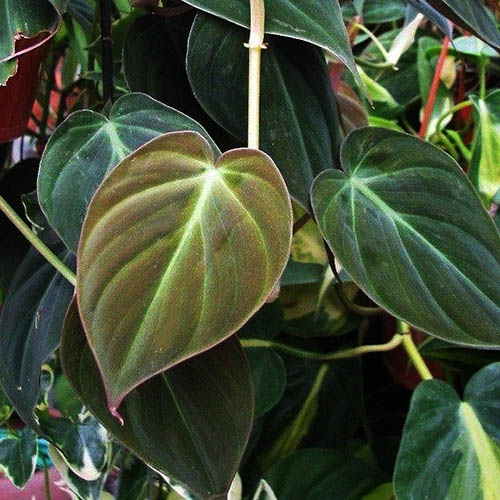
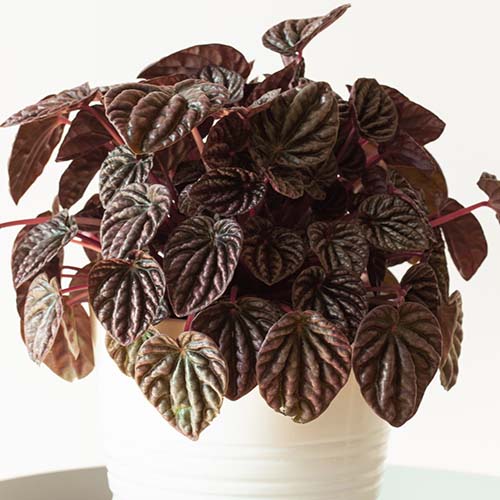
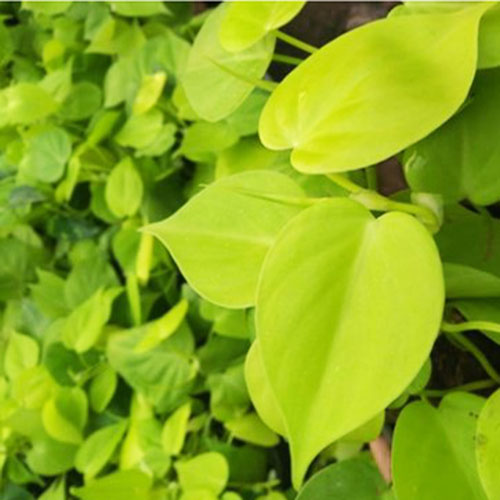
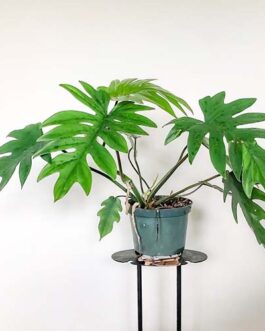
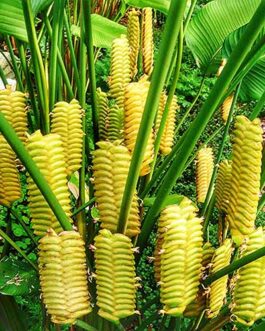
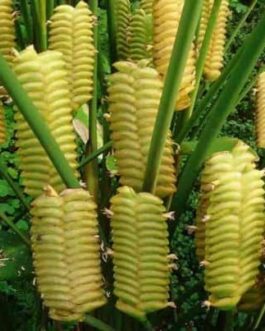
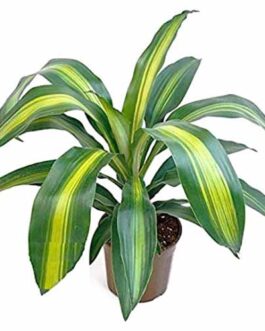
Reviews
There are no reviews yet.